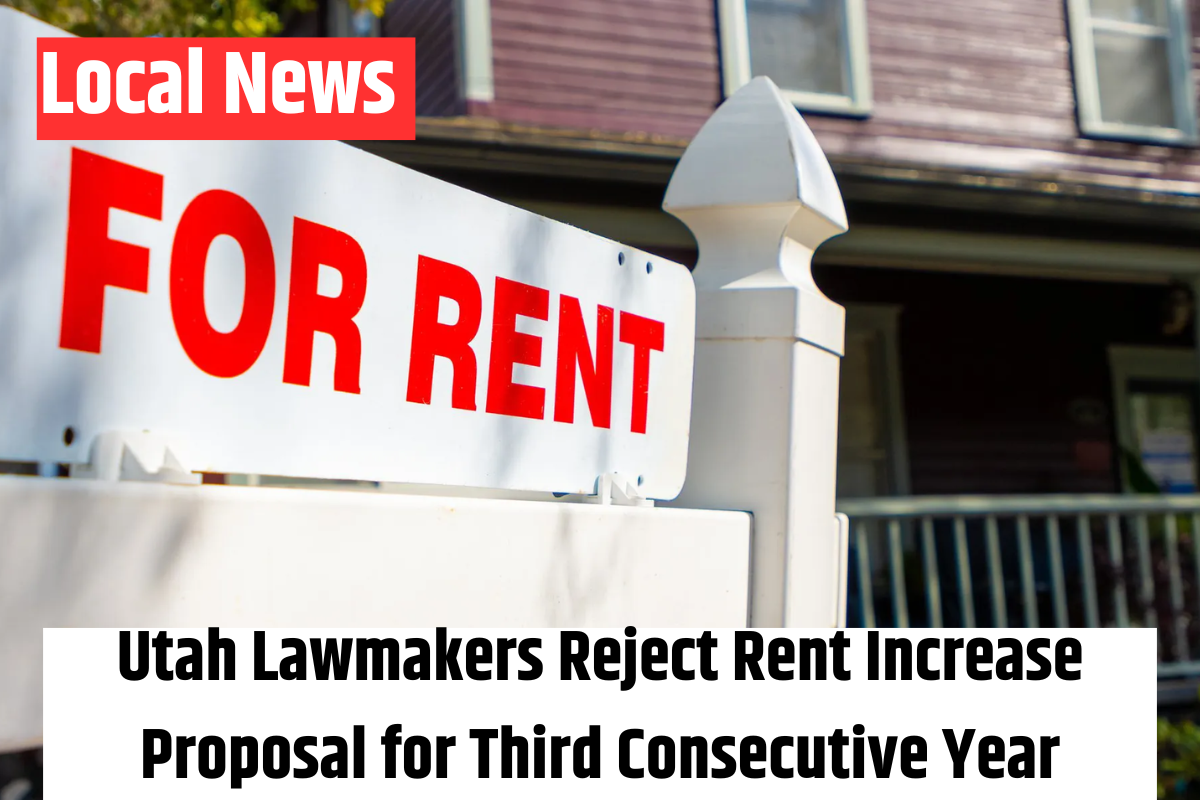
For the third straight year, efforts to extend the notice period for Utah renters facing rent hikes have failed in the legislature.
House Bill 182, which aimed to require landlords to provide at least 60 days’ notice before raising rent in most cases, was narrowly rejected by the Utah House Business, Labor, and Commerce Committee in a 6-6 vote on Friday.
A Divisive Issue Among Stakeholders
Supporters of the bill argue that a longer notice period would provide tenants with more time to adjust their budgets or secure alternative housing. However, despite similar proposals being introduced since 2023, the legislation has yet to pass.
One key difference this year was a shift in position from the Rental Housing Association of Utah, a group representing landlords. While the association supported last year’s version of the bill, it opposed HB 182 this time around.
Kristin Matulonis, former chairwoman of the association’s Government Affairs Committee, voiced concerns that the bill would tip the scales too far in favor of tenants. She argued that existing regulations are sufficient and that introducing additional requirements would complicate rental agreements.
“We already have a system in place that works. Adding more regulations only makes things more confusing,” Matulonis said.
Frustration from the Bill’s Sponsor
Rep. Gay Lynn Bennion, D-Cottonwood Heights, expressed disappointment over the bill’s failure, particularly given the Rental Housing Association’s reversal.
“It’s hard to understand why they supported this last year but opposed it now,” Bennion said after the vote.
Paul Smith, the association’s executive director, explained that feedback from the Senate suggested the bill lacked balance. “We heard that this measure would upset the landlord-tenant equilibrium the state aims to maintain,” he told KSL-TV.
Public and Legislative Debate
The bill’s committee hearing saw mixed reactions. Some residents testified in favor of the proposal, calling it a fair and necessary adjustment to protect renters. Others, however, argued that the rental market is no longer as competitive as it was in previous years and that additional regulations could create confusion.
Rep. Jordan Teuscher, R-South Jordan, raised concerns that small-scale landlords might struggle to comply with the new rule, potentially leading to unintended legal issues.
“I worry this could put smaller landlords in a ‘gotcha’ situation,” Teuscher said before voting against the bill.
Looking Ahead
With the bill once again failing to advance, Bennion acknowledged that the issue is likely dead for this legislative session. However, she remains committed to advocating for policies that support renters.
“We want renters to have the tools they need to thrive, and this bill would have helped both tenants and landlords,” she said.







